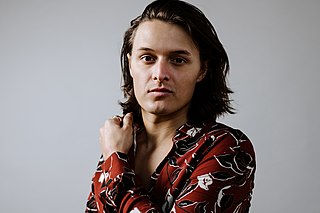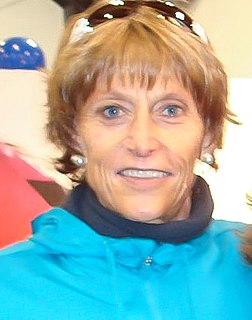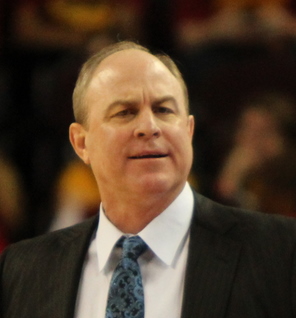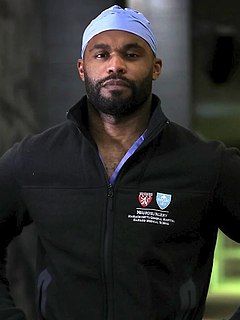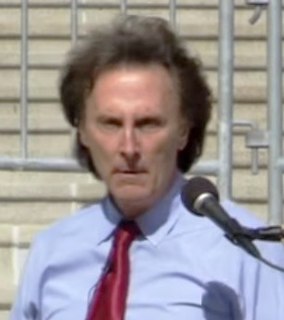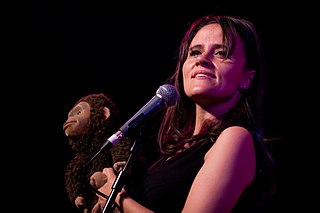A Quote by Nolan Sotillo
'The Who' created the Daltrey/Townshend Center at UCLA for teenage hospital patients with cancer. It's the only one of its kind.
Related Quotes
Treating only terminal cancer patients, the Rand (anti-cancer) vaccine produced objective improvement in 35% of 600 patients while another 30% demonstrated subjective improvement. FDA stopped the vaccine's use in a federal court hearing where neither the cancer patients nor their doctors were allowed to testify.
We cannot wait for others to make a difference, we have to be the change ourselves. To be a part of the making of yet another cancer hospital is a blessing in itself.' Watch me live on ARY Digital and donate to Shaukat Khanum Memorial Cancer Hospital and Research Centre in Peshawar as much as you can.
We went through the records and we found over five hundred of his patients who were alive and well five years after their treatment, with no cancer. And Dr. Burton didn't selectively give us these. These were "take what you want. Here are the patients I treated." So there was statistical improvement - more so than any cancer institution in the United States could show.
The development of a strategic plan for cancer prevention in medical schools that is supported by all stakeholders - including the medical community, government, the insurance industry, cancer advocacy groups and all those dedicated to cancer prevention - will be the key to inspiring patients to live lifestyles that will decrease cancer risk.
Operating-room errors hold a special terror for patients, if only because they seem like the most avoidable kind of complications. The occasional horror stories of patients who have the wrong leg removed or the wrong knee replaced generate the most headlines, as do tales of patients whose identities are mixed up entirely.
